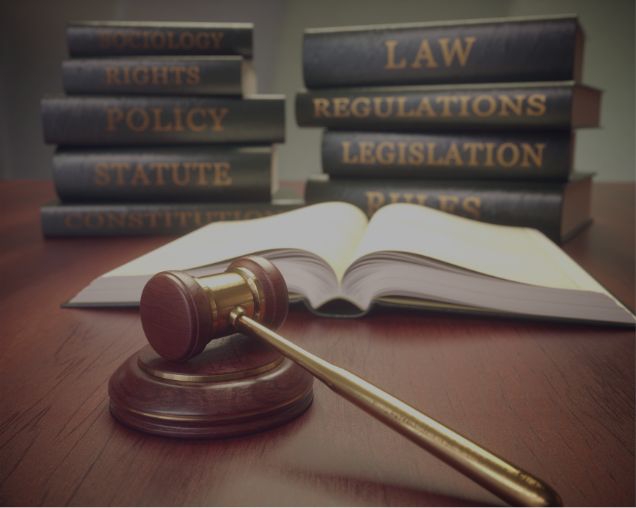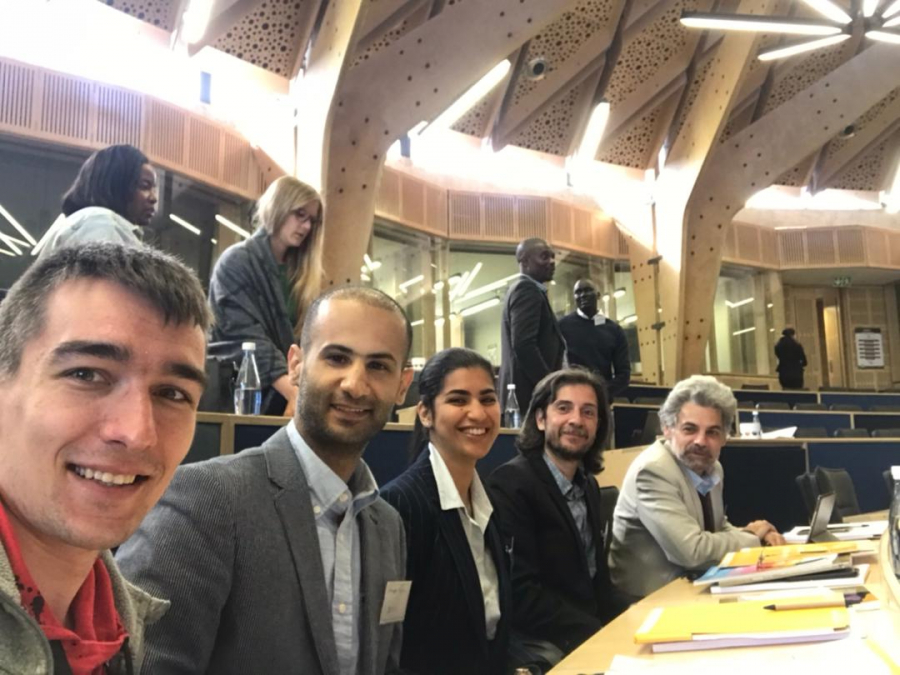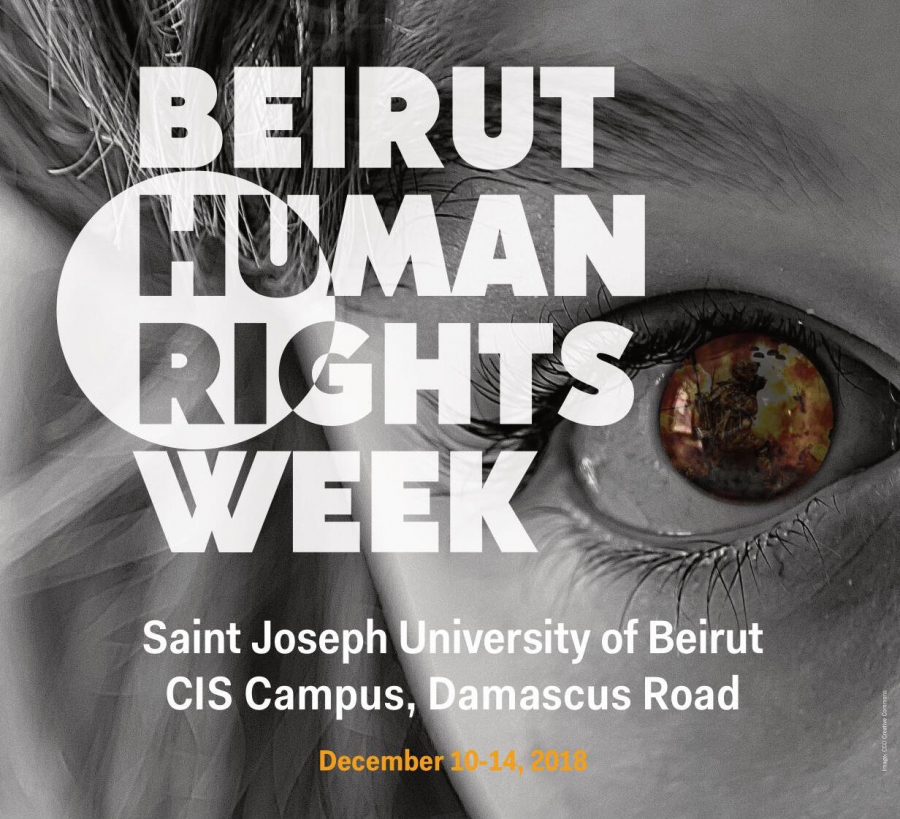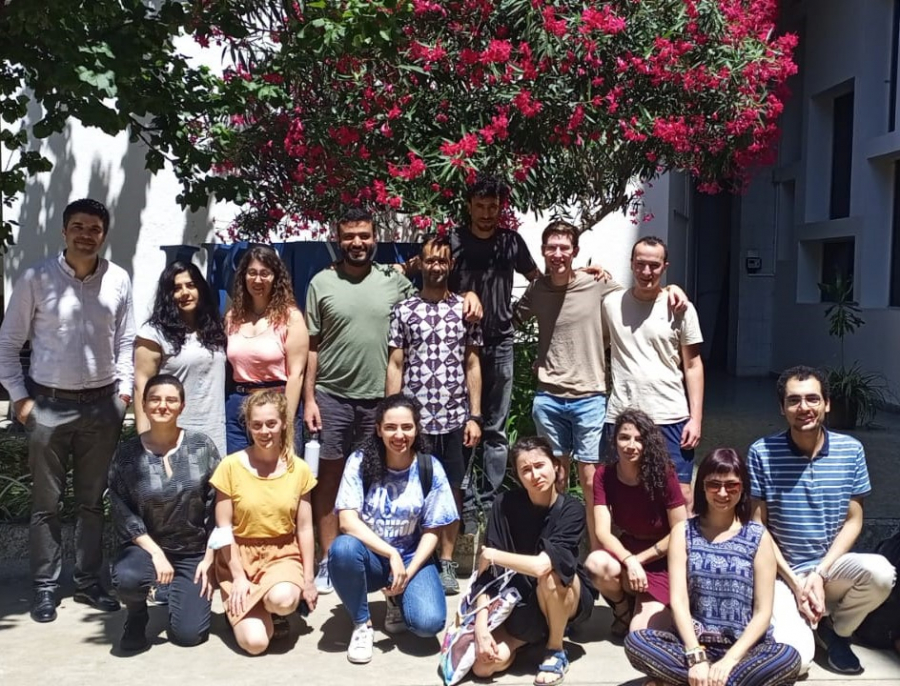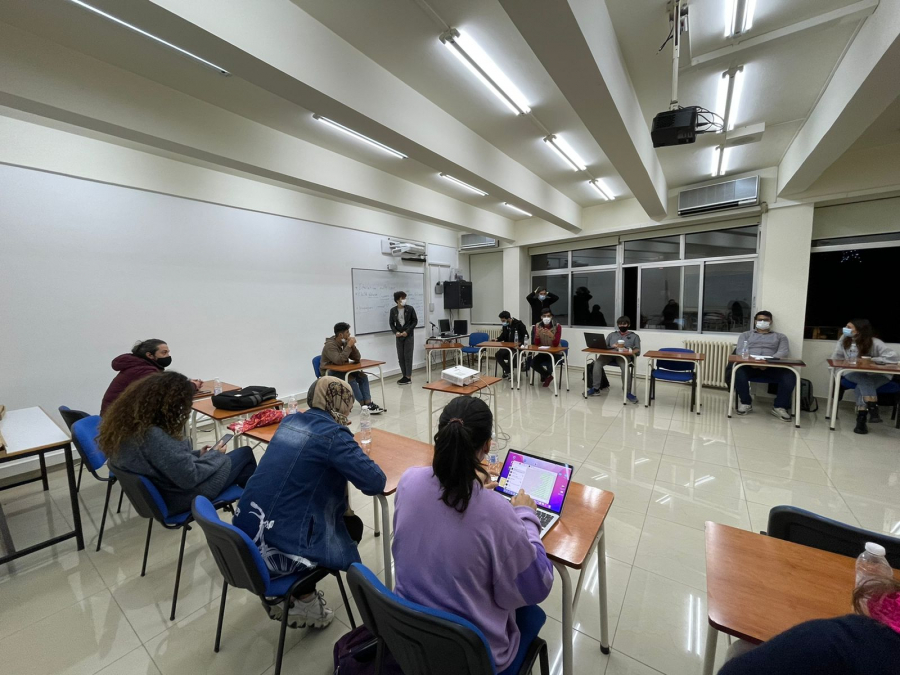Activities
The programme engages with various audiences in Lebanon and the Arab region through different types of Human Rights activities. It also partners with the seven other regional programmes of the Global Campus in joint curricular and extra-curricular activities.
Most of our activities aim to take human rights education outside of the classroom, reach out to new audiences and engage students with the field.
Conferences
and Webinars
The Arab programme engages with a broader audience both in Lebanon and across the Arab World through various conferences, seminars and webinars mostly prepared in Beirut, its regional hub, and sometimes in partner universities.
Field Research
During the month of January, our students conduct a field research on a topic that they collectively choose. This field research is part of the "Applied Research in Democracy and Human Rights" course. Three full weeks are dedicated to this activity. During the first week, they refine their research question and develop their research tools. During the second week, they conduct their research with up to 5 days of field work outside of Beirut. During the third week, they come back to Beirut, process, analyse and interpret the data they have collected and present it to the public
Field Visits
During the course of the first semester, students get to participate in several short field visits to research centres, and NGOs, meeting with experts and professionals who work on the Master’s key issues: Women’s Rights, Children’s Rights, Rights to Education, LGBTIs, Detainee Rights, Memory of War and Reconciliation, Refugees, Electoral Reform, etc).
These visits allow the observation of the work of professionals, researchers and activists, giving students the chance to look into the specific context, opportunities, needs and challenges linked to specific rights.
- Migrant Children Rights to Education
- Sexual Health Right
- NGO in Camp setting
- Peace Promotion in Rural Areas
Global Classroom
The Global Classroom is one of the flagship annual activities of the Global Campus of Human Rights (GCHR) designed to bring together students, professors and experts from our seven regions. It is a research programme focussed on topic of current interest, different every year, whereby students and alumni from across the Global Campus network study, analyse and discuss their research topic through the lenses of regional perspectives.
-
 2016 Venice “Intractable Human Rights Situations”
2016 Venice “Intractable Human Rights Situations”The newly established Arab programme participated in the Global Classroom for the first time in 2016....Read more
The newly established Arab programme participated in the Global Classroom for the first time in 2016. The group was composed of three alumni Hassnaa Amghar (Morocco), Amr Ismael (Egypt) and Cristina Cardarelli (Italy) from the first edition of the programme and one student from the second edition, Jesper Jais Norgaard (Denmark). The Arab World contribution was focused on the Migration and Refugee crisis in the Middle East and North Africa, coordinated by Dr Carole Alsharabati, Director of the Institute of Political Science at Saint Joseph University.
Read less -
 Bangkok 2017 ”Securitisation and Human Rights”
Bangkok 2017 ”Securitisation and Human Rights”Mahidol University hosted the fifth edition of the Global Classroom in Thailand and the first edition outside of Europe....Read more
Mahidol University hosted the fifth edition of the Global Classroom in Thailand and the first edition outside of Europe. The theme was " Securitisation and the Impact on Human Rights and Democracy: Human Security in time of Insecurity". Under the supervision of Dr Mudar Kassis from Birzeit University (Palestine), Francisco Astudillo (Venezuela), Razane Boustany (Lebanon), Henriette Genti (France) and Nora Taha (Palestine) presented a paper on "Securitisation in the Arab region: A new form of kinship relations?".
Read less -
 2018 Yerevan “The Influence of Diaspora on Democracy-Building Processes”
2018 Yerevan “The Influence of Diaspora on Democracy-Building Processes”The State University of Yerevan, coordinator of the Global Campus – Caucasus programme hosted the Global Classroom on the "Influence of Diaspora on Democracy-Building...Read more
The State University of Yerevan, coordinator of the Global Campus – Caucasus programme hosted the Global Classroom on the "Influence of Diaspora on Democracy-Building Processes: Behavioural Diversity". Two students of the programme, Cedric D’Hondt (Belgium) and Maria Teresia Di Lenna (Italy), and two alumni, Ali al-Khulidi (Yemen) and Suhail Taha (Palestine) participated in this activity and presented an article on "The Political Participation of the Diaspora of the Middle East and North Africa before and after the Arab Uprisings" under the supervision of Dr Chafic Sarsar, President of the Central Election Commission of Tunisia.
Read less -
 Buenos Aires 2019 “New Technologies & Human Rights”
Buenos Aires 2019 “New Technologies & Human Rights”The National University of San Martin hosted in Argentina the seventh edition of the Global Classroom....Read more
The National University of San Martin hosted in Argentina the seventh edition of the Global Classroom. The Arab programme contributed with a study on "Big Brother in the MENA: The expansion of imported surveillance technologies and their supportive legislation", coordinated by Mohammed Al_Maskati from Front Line Defenders, with two students Ola El-Ashy (Egypt) and Hazem Mizyed (Palestine), and two alumni, Ilaria Maroni (Italy) and Razan Nammar (Palestine).
Read less -
 Online 2020 “Children deprived of Liberty”
Online 2020 “Children deprived of Liberty”Due to COVID-19, the Global Classroom that was supposed to be organised at the International University of Rabat was moved online....Read more
Due to COVID-19, the Global Classroom that was supposed to be organised at the International University of Rabat was moved online. It was linked to the UN Global Study on Children Deprived of Liberty conducted by Prof Manfred Nowak, Secretary General of the Global Campus of Human Rights. The contribution of the Arab Wold was coordinated by the programme's Child Rights Officer, Ahmed Samy Lotf. One alumni, Reham Jambi (Saudi Arabi) and two students, Chiraz Arbi (Tunisia) and Charlotte van der Werf (Netherlands) presented a paper on "Armed conflict and national security depriving children of liberty in the MENA region: Case studies and good practices".
Read less -
 2021 “COVID-19 and Social & Economic Rights"
2021 “COVID-19 and Social & Economic Rights"The focus the Global Classroom 2021 (7-10 June, online), co-organised by the Global Campus South East Europe programme, was on the Covid-19 pandemic and its impact on...Read more
The focus the Global Classroom 2021 (7-10 June, online), co-organised by the Global Campus South East Europe programme, was on the Covid-19 pandemic and its impact on Economic and Social Rights worldwide. Students, alumni and research coordinators convened online for a four-day virtual event that included a live-streamed high-level panel discussion open to the public. The Arab World group composed of two alumni, Amr Wagdy (Egypt) and Elise Daniaud (France), and two students Rawad Bara (Syria) and Sonia Chabane (France) chose not to participate in it.
Read less -
 Pretoria 2022 "Internal Displacement"
Pretoria 2022 "Internal Displacement"The 2022 edition of the Global Classroom examined the extent to which the different countries under review integrate or adopt the UN Guiding Principles on Internal...Read more
The 2022 edition of the Global Classroom examined the extent to which the different countries under review integrate or adopt the UN Guiding Principles on Internal Displacement in their national laws or to what extent the Principles have been domesticated and applied in the different countries, by analysing specific cases of IDP response, or lack thereof, in various regional contexts against the existing legal provisions of the country concerned Human Rights Week. The Arab World group composed of two alumni, Areen Eideh (Palestine) and Iasmin Ait Youssef (Italian), and two students Kai Wangle (USA) and Omer Al Shareqi (Yemen). The contribution of the Arab World was coordinated by the professor Karim El Mufti.
Read less
Human Rights Week
The Arab programme celebrates annually the International Human Rights Day, a date that commemorates the United Nations General Assembly’s adoption and proclamation of the Universal Declaration of Human Rights (UDHR) on 10 December 1948. This celebration sometimes takes the form of a full week of activities meant to promote Human Rights and Human Rights research and education.
Human Rights Projects
Each year, our students develop and implement several Human Rights projects within our Applied Research Course: "Human Rights Projects Design". Their projects are implemented during the summer, prior to their graduation. Each group of 3 to 5 student designs, implements and assesses a project in collaboration with an NGO working in the field to ensure relevance and sustainability of the action.
Trainings and Summer Courses
The Global Campus – Arab World proposes customised trainings and courses on different topics within its general theme of Democracy and Human Rights. Most of these trainings are done in cooperation or in partnership with other Universities, Think Tanks, Inter-Governmental Organisations and Non-Governmental Organisations.
In 2022, we launched our first Summer School. It was expanded in 2023 to become the Summer Academy on Human Rights attracting 58 participants from fifteen different countries (and a stateless person).
